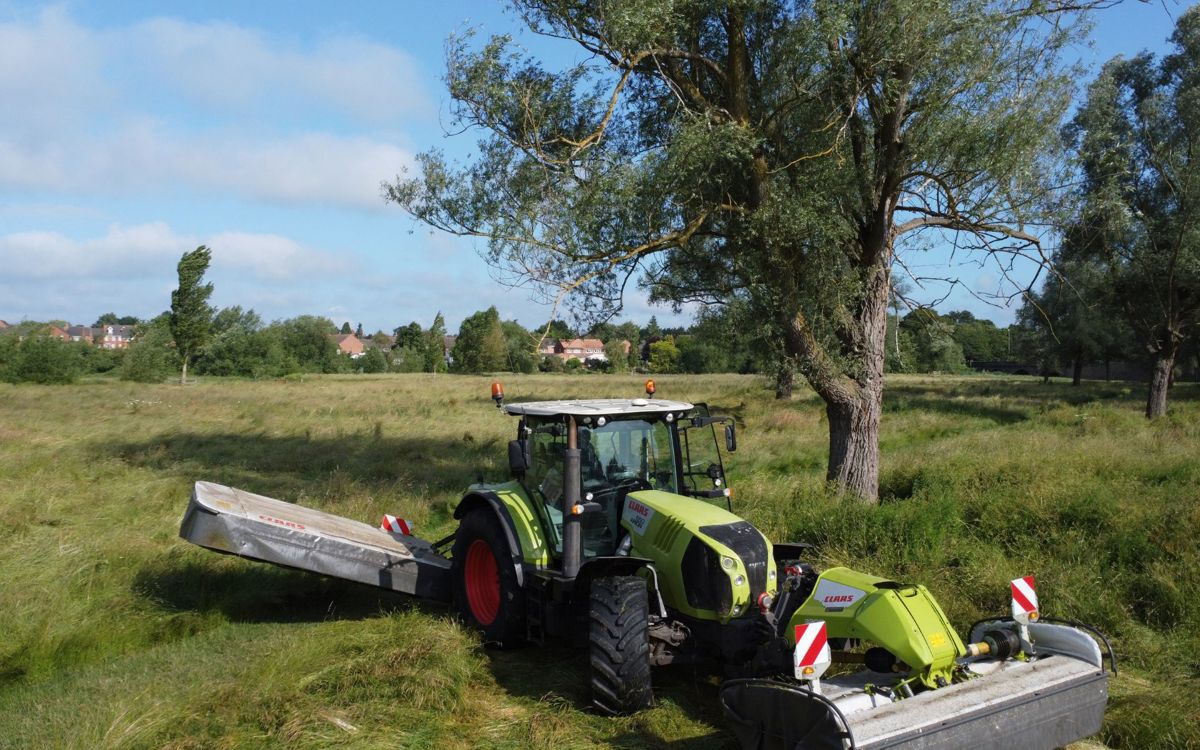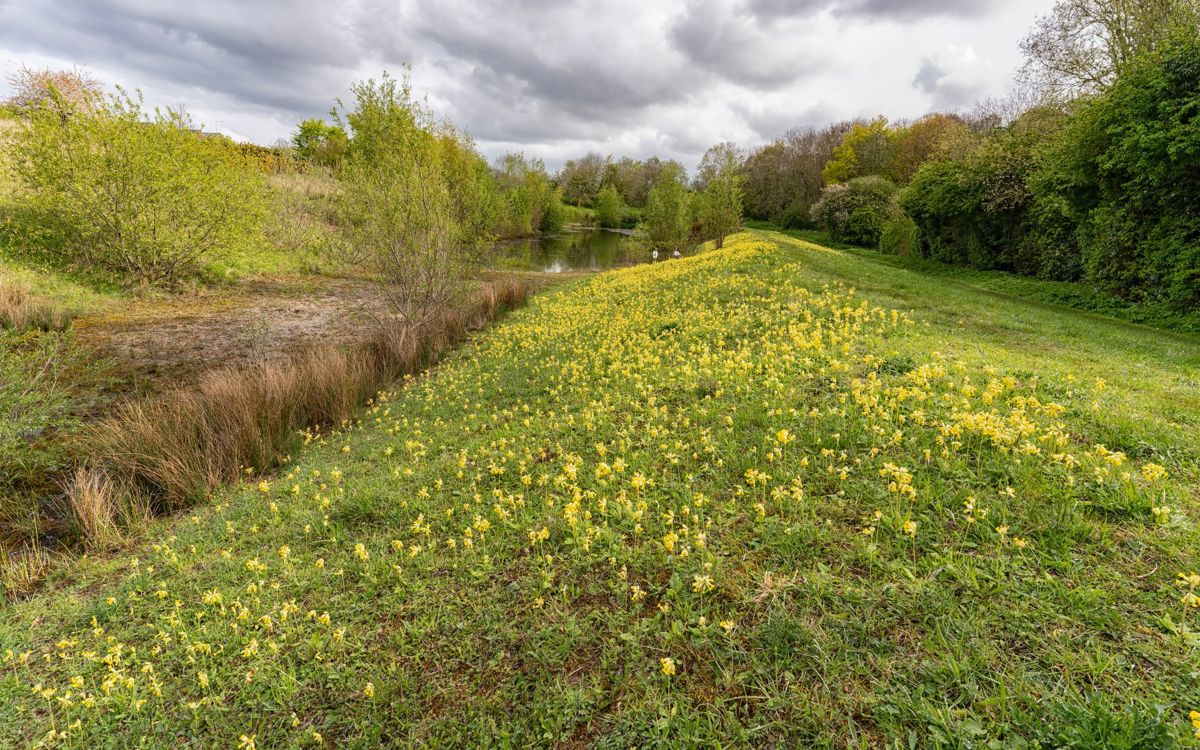
Wildflower meadows are areas of grasslands where a variety of natural, native and uncultivated plants are grown.
Why are Wildflower Meadows so important?
As you are probably aware, one of the greatest threats that we face globally is the decline in biodiversity (the range of species on the planet). A huge number of species are on the brink of extinction or are under threat, including many pollinators. Pollinators are species that help fertilise plants, carrying male pollen to the stigma of the female plants. Many pollinators are insects such as butterflies, bees, beetles, hoverflies and moths. Without them, many plants would not reproduce.
From trees to flowers to crops, the loss of these incredible creatures would be catastrophic. Since we rely on these plants for their role in the carbon cycle and for producing food, their demise would also have a direct impact on us. For some pollinators in the UK, numbers have dropped by 40%. One of the reasons for the decline in pollinators is the destruction of habitats - the place where a species lives, feeds and reproduces. Wildflower Meadows provide a huge food resource for pollinators, providing nectar and pollen that they rely on. Sadly, these habitats are becoming increasingly rare due to changes in farming practices and land use.

Many of our parks are home to these beautiful habitats such as Stonepit Field, Campbell Park and Millfield. The Parks Trust cares for areas like this by cutting hay. Mowing the land and removing the hay reduces nitrate levels released into the soil and over the years encourages wildflowers to compete with the nitrate-hungry grass.
In many areas, we sow native wildflower seeds annually to ensure that they produce a mix of wildflowers, and we are extending the areas of grassland that are used as meadows.
In addition to this, we and our contractors are increasingly leaving areas of grassland uncut for longer periods to allow wildflowers to grow. By allowing greater flexibility in grass cutting, we hope many more wildflowers will thrive.

- Help us protect our wildflower meadows by treating them with care – please keep to the mown paths through them or around them and don’t pick any flowers.
- Why not plant wildflowers in your own garden? You can buy seeds of native wildflowers to plant.
- Mow less frequently and remove all grass clippings to encourage wildflowers. Wildflowers will naturally seed from birds and other animals bringing them in over time.
- Avoid using fertilisers. Stop worrying about getting a perfectly green lawn - one species of grass is not good for wildlife or the soil. The variety of grasses and wildflowers that could make up your lawn can be spectacular. Sit back and enjoy the hive of activity as bees and butterflies start to visit your garden.
- Please clean up after your dog as the hay cutting we carry out is used to feed animals and dog poo can contaminate their food.
